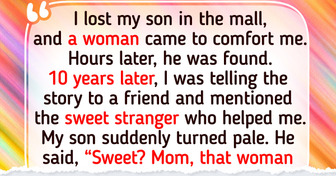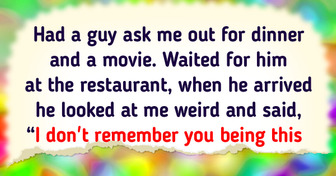13 Unexpected Things That Germans Usually Save On

According to a 2018 study, about 25% of men and women have been ghosted and 22% admitted to having ghosted someone themselves. And when we get ghosted, many questions pop up in our heads, with the most common being “why?”. And while that can make us feel like we did something wrong or that we are not enough, there are other reasons people ghost. It doesn’t mean that you are to blame.
Now I’ve Seen Everything would like to shed some light on this societal phenomenon that is so prevalent in today’s dating scene.
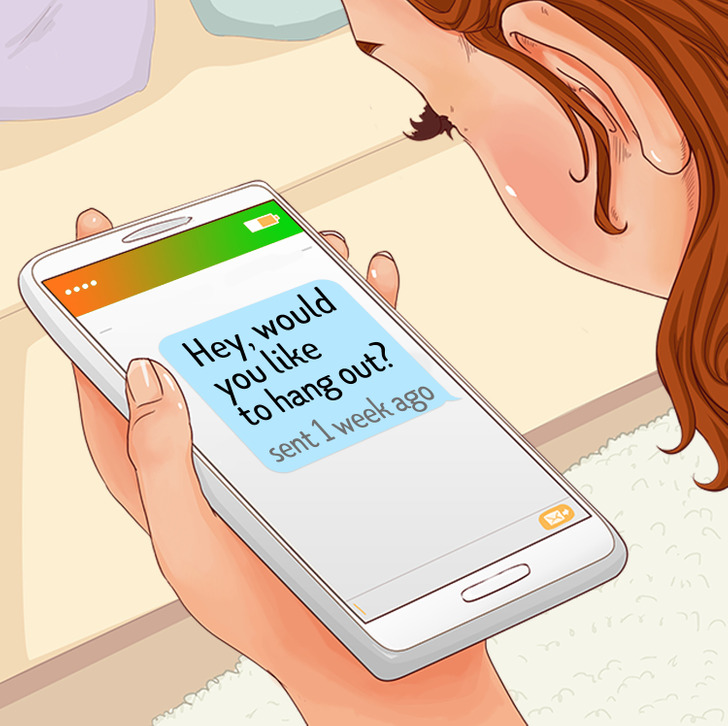
In order to talk about the subject of ghosting, why people get ghosted, and what it means to ghost someone, we need to talk about the concept and what this word really means. If ghosting makes you think of a ghost that suddenly disappears, you’re actually really close. By definition, “ghosting” refers to the act of suddenly cutting off all conversations with a certain person, without giving that person a reason or even letting them know that you want to cut them off. Basically, not messaging a person to let them know you’d like to stop talking to them. This doesn’t just occur in romantic relationships, but in platonic ones as well.
It turns out the act of ghosting someone has a history too. Ghosting used to exist in the olden days as well, says a dating specialist.
“Ghosting used to be leaving a person and moving away or not leaving [them with] your contact information—its earlier origins are even the simple act of leaving a party or social gathering without notice and goodbyes.”
Ghosting takes place when a potential partner vanishes after one or 2 dates. Psychologists are seriously worried about how widespread this activity is. The situation would be clear if your new friend declares that they don’t want to meet anymore, but it leaves the second partner puzzled and confused when they simply disappear and stop answering calls.
In this case, the incompleteness of the situation provokes a person’s need for constant self-analysis that can be long-lasting.
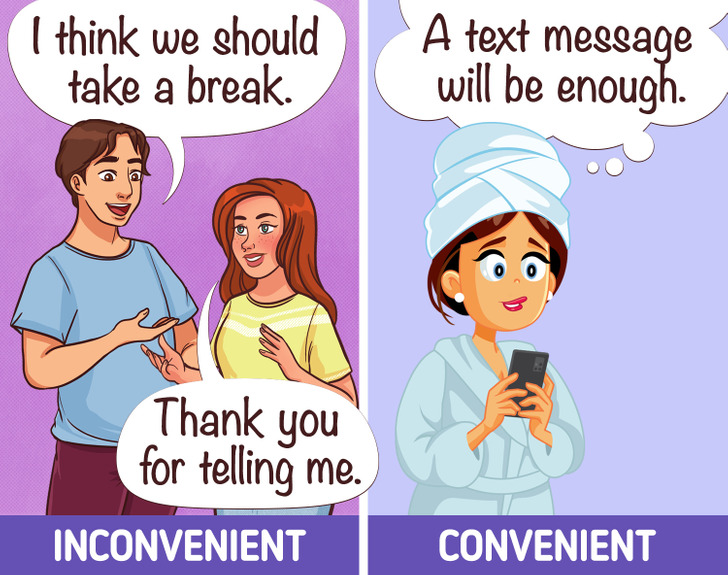
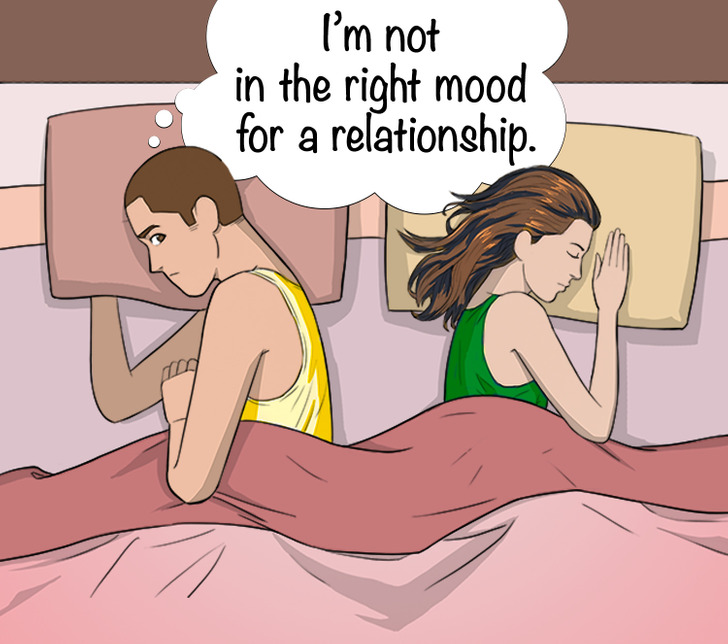

With ghosting comes a range of emotions the person getting ghosted can feel. From self-doubt, insecurity, etc. to confusion, they are a natural reaction to being rejected by someone without a real reason. Here are some issues that accompany getting ghosted: frustration, anger, sadness.
And the most important one, one that is going to stay with you for a while, is not understanding where it’s all coming from. As previously mentioned, ghosting means to cut off all contact with a certain person, and not letting them know why. This causes the person getting ghosted to ponder over the situation over and over again, in order to understand why they weren’t enough, or that maybe they just weren’t as fun.

What to do? Specialists recommend to be practical and proceed without emotions:
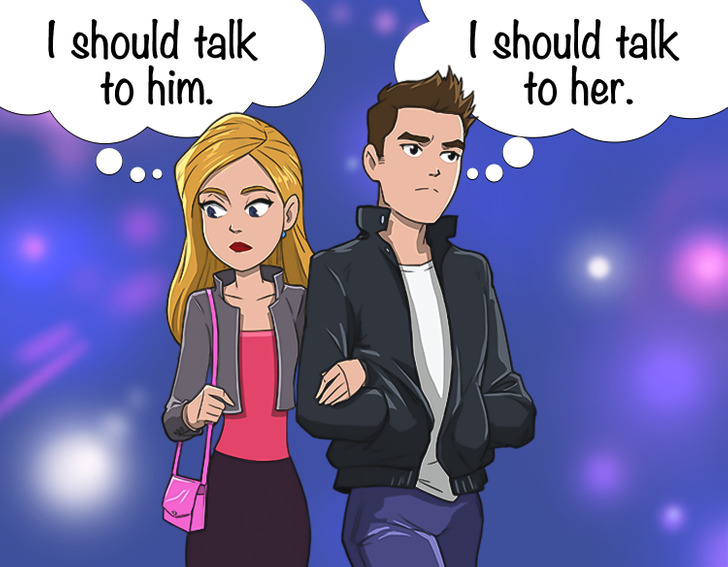
The most important thing when it comes to not ghosting someone is simply communication. Instead of disappearing and not giving the person a real reason for which you’d like to stop talking to them, try and be frank with them. There is a plethora of ways to tell a person you’re not really interested, either platonically or romantically.
Don’t just disappear. Explain your reasons, be it laziness of keeping the conversation going or plain disinterest. We are all human, after all, and when someone takes time out of their day to sit us down and talk through a tough situation, that truly means a lot. So, try this the next time you get scared of confrontation or feel lazy.
What is your experience with ghosting like? Are you guilty of this action and have you been a victim of it too? How did it make you feel?






